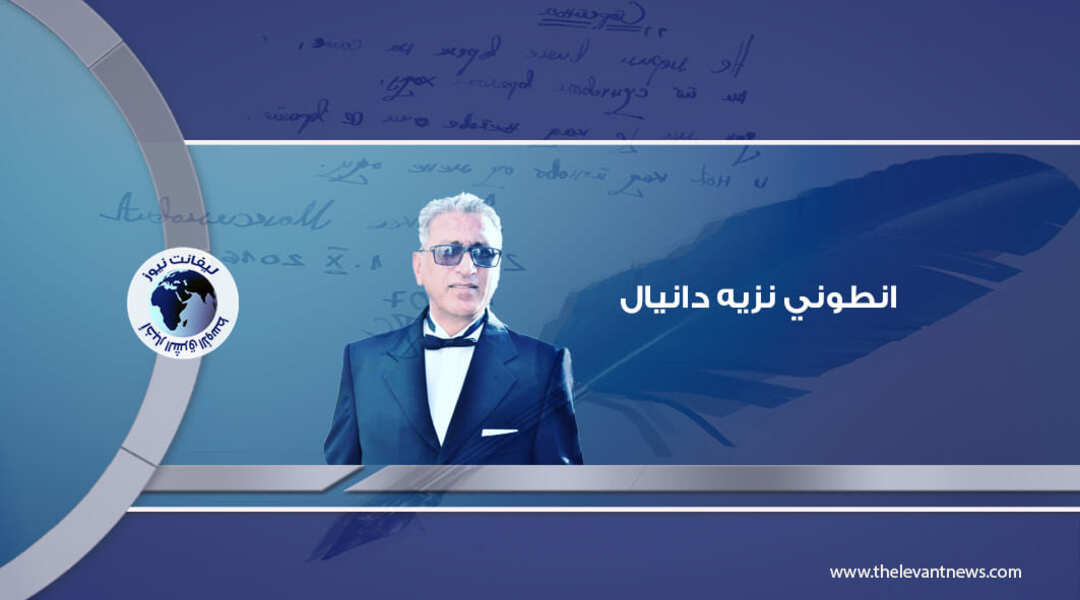-
Last-Minute Tumult

Syria has lived for decades under an authoritarian regime that sought to eliminate Thai elitism and replace it with significant purifying factions to eradicate dissent. This regime fragmented the Syrian identity, supported by changes in community leadership that did not align with the tyranny of the system and its approach to homogenizing different environments while backing its oppressive measures.
The regime worked to concentrate capital and power while marginalizing capitalism and patriotic citizens, striving to uphold macroeconomic principles; there is no economy without food, and no food without an economy. This authoritarian structure was bolstered by an army of prominent figures entrenched in tyranny and corruption, supported by members of small minorities who intentionally portrayed themselves as victims and marginalized others, using them as a shield for the army and its various covert security services. These forces collaborated ruthlessly with the Syrian people, turning its prisons and detention centers into tools for silencing any opposition, transforming Syria into a prison rife with suffering and pain.
It was essential for this people to condemn all the weapons that had been abundantly and repeatedly unleashed since the 1970s and into the 1980s, including the uprising during the fourth general assembly of the twelfth century, and the significant crackdowns in the comprehensive year of this century. The people responded to these with brutal repression on Tuesday nights and forced displacements, effectively emptying entire villages and cities of their populations, using a military led by its most prominent leaders alongside sectarian militias sourced from Hezbollah, Iran, and others.
All this ignited the flames of sectarian, tribal, and ethnic tensions, placing Syria atop a volcano shaking from within, where the winds of freedom and change began to resonate with the people.
The deep lights of freedom shone through, liberating them from the clutches of tyranny, revealing the secrets of prisons and detention centers, bringing joy mingled with sorrow, as the hell of captivity consumed many from the larger sect, contributing to the desperate situation for the beloved of Syria.
Distinct voices arose, demanding accountability for each individual concerning their missing children, focusing the discussion on a specific sect among the main partners in the regime's crimes, whether voluntarily or with the implicit consent of many, while being abandoned by others.
After about fourteen unknowns, the Sunni community found itself trapped in the injustice of killings, displacement, and destruction, officially bearing a heavy toll on its artists, children, and future.
Conversely, over the years, the lights buried their dead as a result of this situation. All matters taken to hearts and minds catered to their needs in dealing with the issues at hand. Any incident, no matter how trivial, could ignite actions that destabilize the streets and create chaos, potentially leading to a bloody civil war.
Innovative ideas began to emerge from the components, some openly and others covertly, uniting organizations, Alawites, and ethnic minorities, and all different minorities, with profound concern for their future and existence in Syria, amidst a breakdown partly fueled by the multiplicity of elements and rogue factions that thrived on the hatred of its people and surroundings. If the language of presence were to disappear at any moment, it would certainly lead to an uncertain outcome. Nevertheless, hope remains in the wisdom of thinkers and the awareness of intellectuals and nationalists, reflecting what the people desire for a life of dignity and pride.
Levant: Anthony Nazeer Daniel
You May Also Like
Popular Posts
Caricature
BENEFIT Sponsors BuildHer...
- April 23, 2025
BENEFIT, the Kingdom’s innovator and leading company in Fintech and electronic financial transactions service, has sponsored the BuildHer CityHack 2025 Hackathon, a two-day event spearheaded by the College of Engineering and Technology at the Royal University for Women (RUW).
Aimed at secondary school students, the event brought together a distinguished group of academic professionals and technology experts to mentor and inspire young participants.
More than 100 high school students from across the Kingdom of Bahrain took part in the hackathon, which featured an intensive programme of training workshops and hands-on sessions. These activities were tailored to enhance participants’ critical thinking, collaborative problem-solving, and team-building capabilities, while also encouraging the development of practical and sustainable solutions to contemporary challenges using modern technological tools.
BENEFIT’s Chief Executive Mr. Abdulwahed AlJanahi, commented: “Our support for this educational hackathon reflects our long-term strategic vision to nurture the talents of emerging national youth and empower the next generation of accomplished female leaders in technology. By fostering creativity and innovation, we aim to contribute meaningfully to Bahrain’s comprehensive development goals and align with the aspirations outlined in the Kingdom’s Vision 2030—an ambition in which BENEFIT plays a central role.”
Professor Riyadh Yousif Hamzah, President of the Royal University for Women, commented: “This initiative reflects our commitment to advancing women in STEM fields. We're cultivating a generation of creative, solution-driven female leaders who will drive national development. Our partnership with BENEFIT exemplifies the powerful synergy between academia and private sector in supporting educational innovation.”
Hanan Abdulla Hasan, Senior Manager, PR & Communication at BENEFIT, said: “We are honoured to collaborate with RUW in supporting this remarkable technology-focused event. It highlights our commitment to social responsibility, and our ongoing efforts to enhance the digital and innovation capabilities of young Bahraini women and foster their ability to harness technological tools in the service of a smarter, more sustainable future.”
For his part, Dr. Humam ElAgha, Acting Dean of the College of Engineering and Technology at the University, said: “BuildHer CityHack 2025 embodies our hands-on approach to education. By tackling real-world problems through creative thinking and sustainable solutions, we're preparing women to thrive in the knowledge economy – a cornerstone of the University's vision.”
opinion
Report
ads
Newsletter
Subscribe to our mailing list to get the new updates!




















